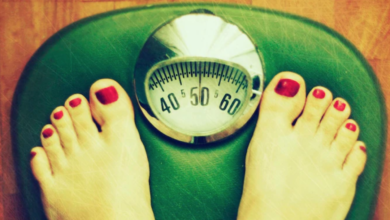There are potential dangers of exposure to pigeon droppings that can lead to a severe form of allergy known as hypersensitivity pneumonitis or bird breeders’ lung

Hyderabad: As city dwellers, we’re no strangers to the sight of pigeons fluttering about in our midst. These birds are often seen perched atop buildings or cooing at one another on the sidewalk, but according to a senior pulmonologist in the city, these winged creatures may pose a more serious threat to our health than we realise.
There are potential dangers of exposure to pigeon droppings that can lead to a severe form of allergy known as hypersensitivity pneumonitis or bird breeders’ lung. “When pigeons are in confined spaces, their droppings can accumulate and create a high concentration of airborne particles which can contain proteins that can trigger an allergic reaction in susceptible individuals. When a person breathes in these particles, their immune system can recognise them as foreign substances and launch an immune response,” says Dr VV Ramana Prasad, pulmonologist, KIMS Hospital.
This immune response can cause inflammation in the lungs and lead to the symptoms of hypersensitivity pneumonitis, which can include coughing, shortness of breath, fever, and fatigue. In some cases, he says, hospitalisation may be required to manage the symptoms. Dr. Prasad notes that when patients come to him with breathing difficulties and other respiratory issues, he always asks about their history of exposure to pets and pigeons. “Approximately 10 per cent of such cases are due to pigeons,” he says.
According to experts, a well-fed pigeon on average dispenses up to 11.5 kg of droppings a year. Meanwhile, Mumbai’s pulmonologist believes that the number of hypersensitivity pneumonitis has risen five-fold in the past seven to eight years. But it’s not just pigeon droppings that pose a risk to our respiratory health. Pulmonologists also caution against exposure to pigeon feathers. When feathers are disturbed, the dust can become airborne and potentially be inhaled by humans. This can lead to respiratory symptoms such as coughing, wheezing, and difficulty breathing, especially for those with pre-existing respiratory conditions such as asthma.
So what can we do to protect ourselves from the potential dangers posed by these birds? Dr Prasad recommends installing meshes at windows to prevent pigeons from entering homes or workplaces. He also advises against feeding pigeons, as this can attract more of them and increase the risk of exposure to their droppings and feathers.








